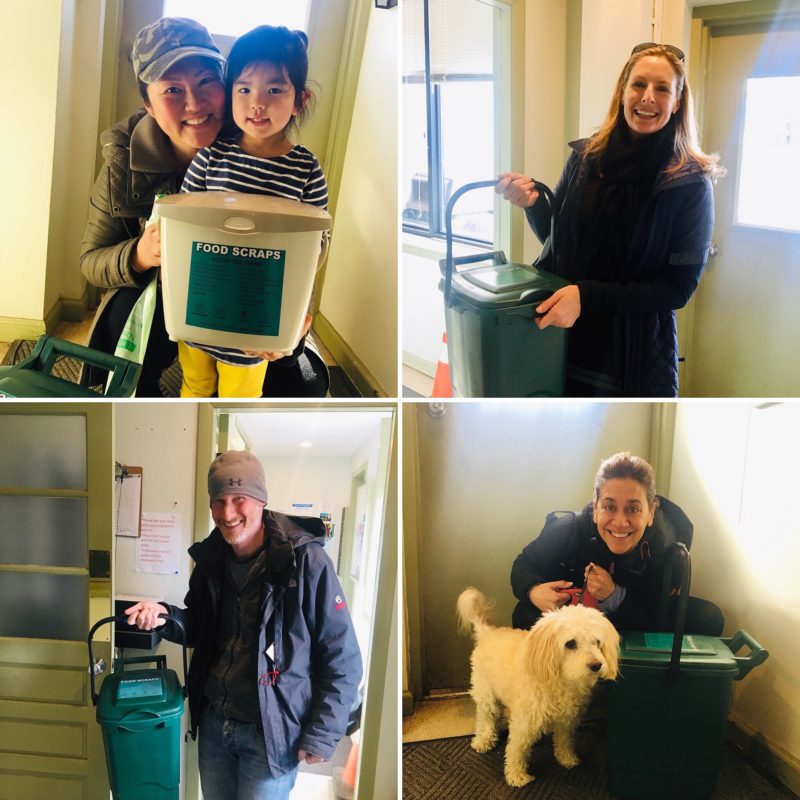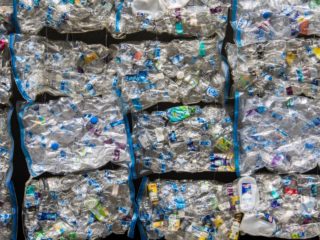Which green lifestyle changes have the highest environmental impact? In my opinion, they’re the ones that help shift personal habits but are easy to accomplish. Try one or more of these changes to make a positive impact for you and the environment.
Rethink: Ditch Single-Use Disposables
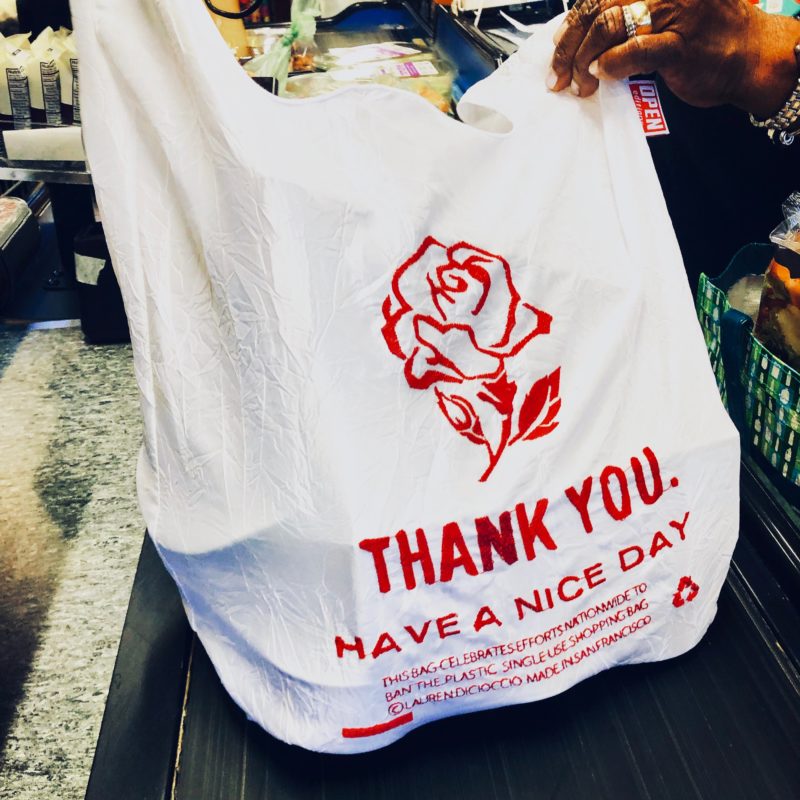
Which single-use disposables? Any and all! The key is to change daily habits to reduce your dependence on items that are used once, but pollute our environment (virtually) forever.
Why does it matter? Well, most single-use convenience items are made from plastic, a material that plays a large role in climate change. A recent report shows that in 2019, “the production and incineration of plastic will produce more than 850 million metric tons of greenhouse gases—equal to the emissions from 189 large coal-fired power plants—and that the plastics industry’s carbon footprint was on track to grow rapidly in the coming decades.”
Any time we use a disposable item (a plastic straw, bag, cup, bottle) instead of reusing a durable alternative, we add to the ever-increasing buildup of waste and pollution. For a green lifestyle, rethink your consumption habits in favor of reusing, reducing, and recycling items.
So, consider swapping out any convenience item that can easily be replaced with durable, reusable alternatives. Need ideas for how to switch from using single-use to reusable items? I’ve got a lot of them! Check out my post on 4 Simple Steps to Dispose of Disposables.
Compost
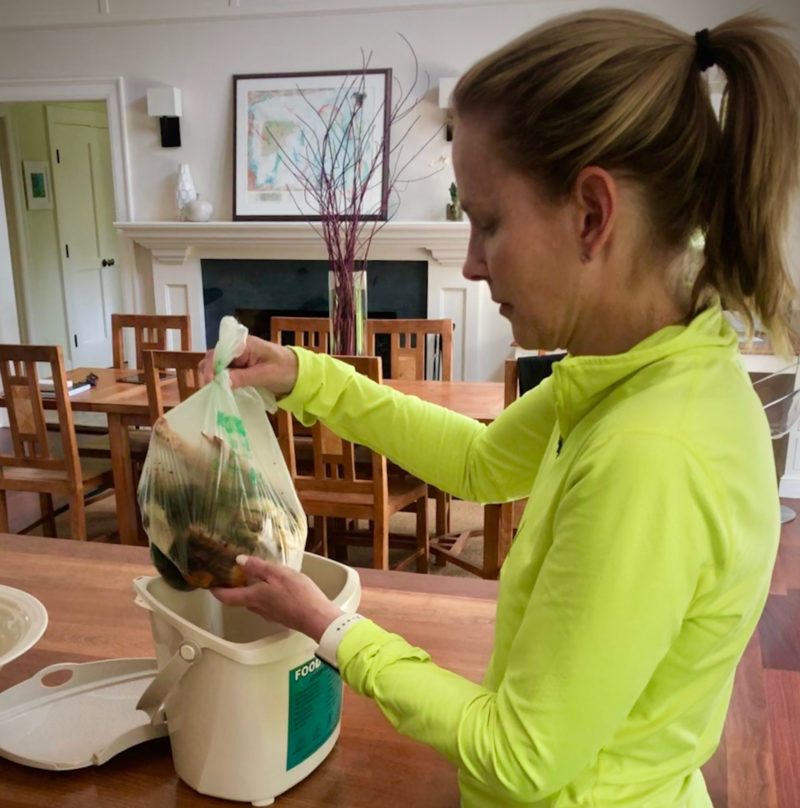
I’m a recent convert to composting. In all honesty, the entire process of separating and mixing food scraps was intimidating and seemed like a chore.
That all changed when I helped set up a community composting program in our town. I’m now an avid composter, but more importantly, I’ve learned how much food we needlessly waste (40%) and how it contributes to climate change. In fact, if food waste were a country, it would be the third largest emitter of greenhouse gases.
There are different ways to compost, which I summarize here:
Backyard composting. Ideal, if you have the space. It’s possible to compost even in an urban setting but requires a bit more planning. Learn how to compost with Green That Life’s compost guide.
Community Composting. This is a program supported by a municipality or organization. I helped set up one in my hometown and it has been incredibly successful.
Organics Recycling Service. Check your area for private companies that will pick up your food scraps and/or provide drop-off location.
- Litterless has a guide for pickup services in each state.
- BioCycle has a searchable database of facilities.
For a Green Lifestyle, Eat Your Veggies!
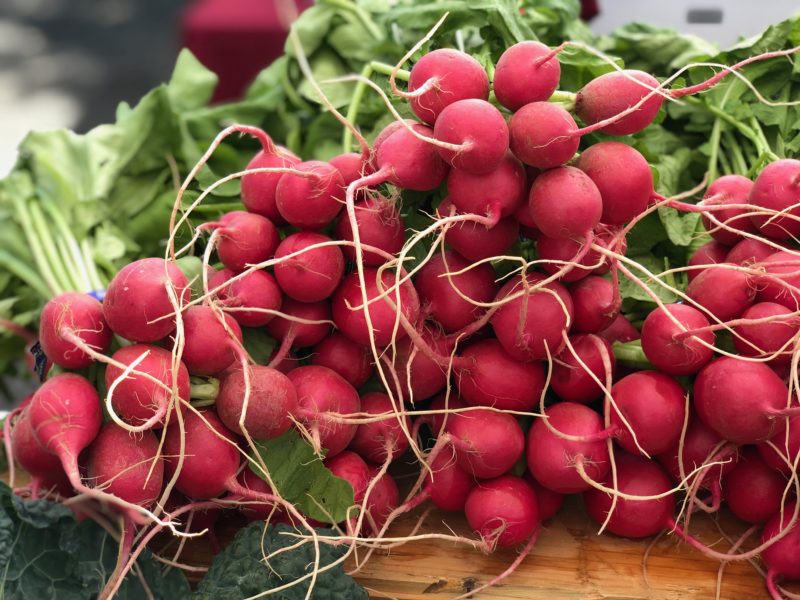
You may not know this but our diet is a key contributor to climate change and other environmental issues. Meat and dairy contribute the most to greenhouse gas emissions, although beverages also make an impact on our environment.
The good news is that a climate friendly, plant-based diet is one that’s also healthy for you. Make a pledge to reduce your meat and dairy consumption: if you eat meat once a week, try limiting meat-based meals to once a month. Every little bit helps.
Drive and/or Fly Less
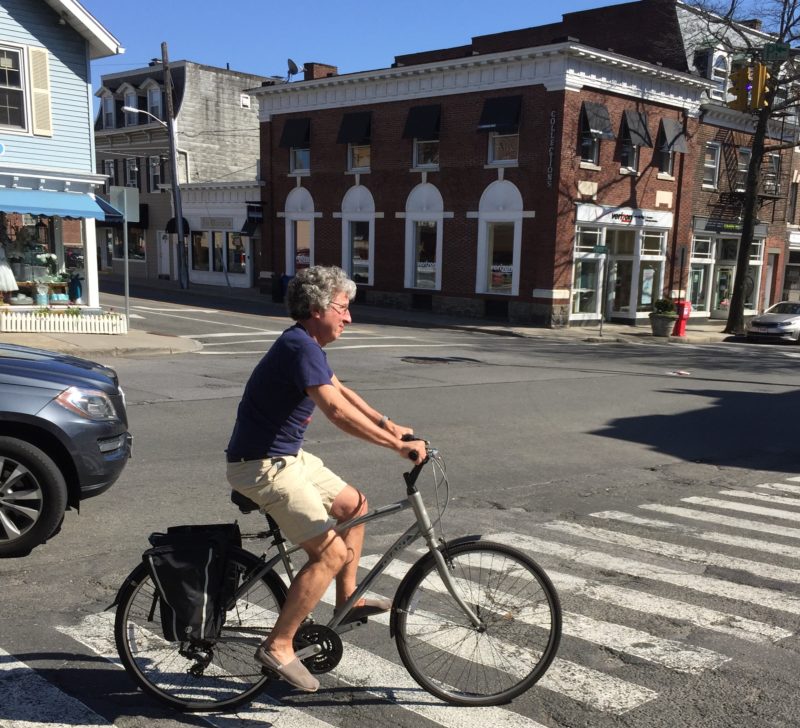
Drive Less
I live in the suburbs so I understand how important a car is for getting around. One way to transition to a green lifestyle is to reduce your dependence on the car for every transportation need. Try biking, walking, or using public transportation whenever you can. And for your next car purchase, consider buying an electric or fuel efficient one.
Fly Less
The emissions from air travel are significant. When possible, try limiting your need to fly for personal or business reasons. Instead of in-person meetings, try Skyping. Instead of a vacation far from home, try a stay-cation or in a location nearby. Another option is to purchase carbon offsets.
Recycle, But Recycle Responsibly
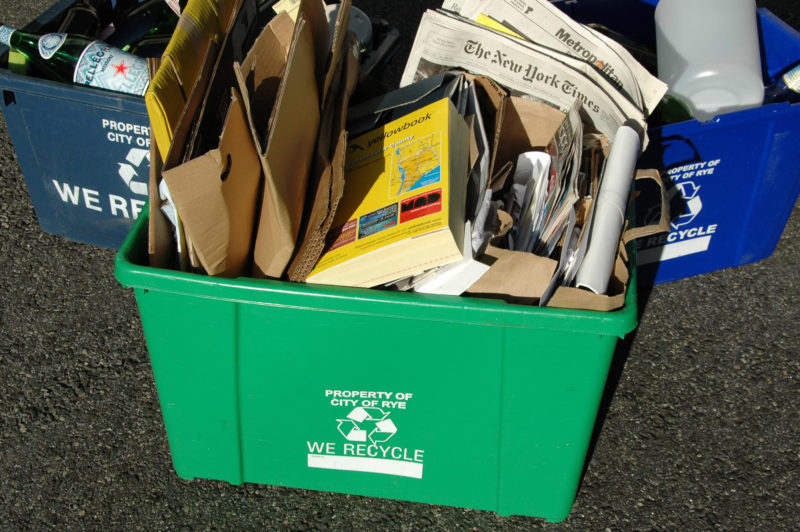
Recycling is really tricky. It’s designed to make us feel good… that we’re disposing of waste that’ll be transformed somehow into something useful. Right? Well, it’s just not that simple and unfortunately recent policy changes by China have put enormous pressure on the recycling industry.
That’s not to say you shouldn’t recycle. First and foremost, work to try to reduce the waste you generate. Then educate yourself (and others) about how to recycle properly and responsibly. A few ways to do this:
- Your town or city’s website should have a section on recycling with guidelines.
- Green That Life’s Recycling Resources page.
- Additional resources can be found in Section 3 of Green That Life’s spring (green) clean post.
Get Involved
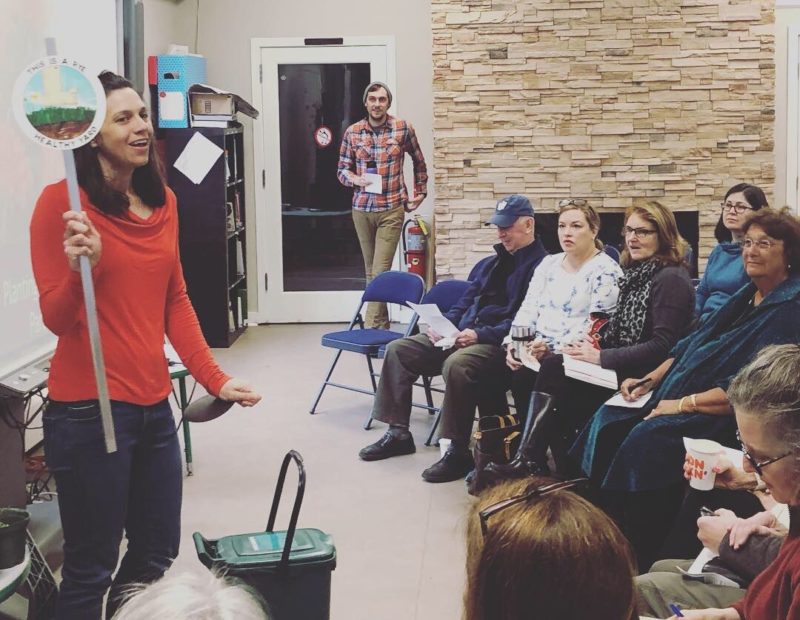
I’ve given you some tips for a green lifestyle and you’re now committed (hopefully) to change. Great! What about expanding beyond your individual actions and enlisting others to make that change with you?
I’ve written about how to inspire people to take action, but I list here a few ways you can organize and advocate for causes to combat climate change.
Start a Climate Action or Sustainability Group
I started a sustainability group in my town and you can too. It involves some organization and preparation, but it’s possible to start one with just a few energetic and committed friends and residents.
Advocate for a GHG Emissions Reducing Cause
There are so many issues that you can advocate for. A few ideas:
- Plastic straws reduction campaign to cut down on plastic straw pollution.
- Plastic bag law. I spearheaded one in my town. Follow these steps to do one in yours.
- Community composting. I helped start one in my town and we followed in the footsteps of a neighboring community and our local schools!
- Healthy Yard campaign. I helped start one, and share my tips on how to start your own here.
Join a Group
Don’t have enough time to lead a group or spearhead an initiative? Just joining with others – either remotely or in a local group – will make an impact. Your participation in a climate action organization will encourage others to join in and you’ll learn even more about how to reduce your carbon footprint. It’s also a lot of fun to step outside the daily grind and be part of a group that’s committed to making a difference.
Educate Yourself
At a minimum, stay informed on the latest environmental and climate news. Or take some time to read a good book on climate change or sustainable living.
Vote!

It sounds so simple, but so many of us don’t realize the power we have to make a change through our ability to vote. Write or speak to your legislators and ask them to make changes that benefit your community’s environment. If they don’t take action, vote for candidates who have strong environmental agendas.
Or, if you really want to take it up a notch, run for office. If I could do it, you can too!

